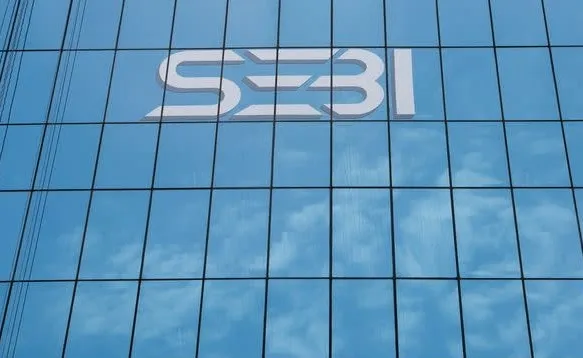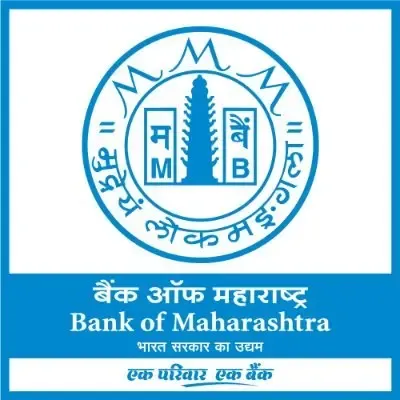Did SEBI Really Bar Two Operators for Cheating Investors?

Synopsis
Key Takeaways
- SEBI's stringent actions are aimed at protecting investors.
- Operators misused trading kits promising guaranteed returns.
- Investors should be cautious with their credentials.
- Artificial volumes can lead to significant market manipulation.
- Regulatory oversight is crucial for market integrity.
New Delhi, June 21 (NationPress) The Securities and Exchange Board of India (SEBI) has imposed a three-year ban on two operators, Shivprasad Pattiya and Alkesh Narware, for allegedly engaging in fraudulent activities that created artificial trading volumes in illiquid stock options, thus cheating investors. They have been ordered to repay Rs 4.83 crore (with an additional 12 percent interest starting February 1, 2022) within a span of 45 days.
The capital markets regulator has also levied a penalty of Rs 25 lakh on each operator under Section 15HA of the SEBI Act, 1992.
The two individuals are prohibited from accessing the securities market and are barred from buying, selling, or engaging in any kind of securities transactions, including mutual fund units, directly or indirectly, for a period of three years from the date of the order, as stated in the SEBI announcement.
Additionally, they are not allowed to sell any of their assets or properties, including mutual funds, shares, and securities held in both dematerialized and physical forms, except for settling the ordered disgorgement.
SEBI's action came after it received alerts regarding 'Out of the Money' (OTM) stock option contracts that exhibited significant price disparities without corresponding movements in the underlying stocks. Investigations suggested that a group of entities, led by Pattiya and Narware, executed trades at non-fair prices while consistently generating positive square-off differences.
Numerous complaints from investors revealed that they had shared their login credentials with members of a WhatsApp group for algorithmic trading, lured by promises of substantial profits. However, these trades led to significant losses, amounting to lakhs.
In response to these alerts and complaints, SEBI launched an inquiry to investigate the actions of the operators, who allegedly misused online trading kits to offer guaranteed returns through algorithmic trading while executing manipulative trades primarily in illiquid OTM stock options, thereby transferring funds from unsuspecting investors to their front entities.
SEBI contends that the operators developed a scheme employing callers to entice investors into the market with guarantees of returns.
Investors received repeated calls and messages from these callers, who promised assured profits through automated trades.
After gaining the investors' trust, the operators obtained their login credentials and placed bets on stock options, ultimately causing the investors to incur losses on their premiums.










